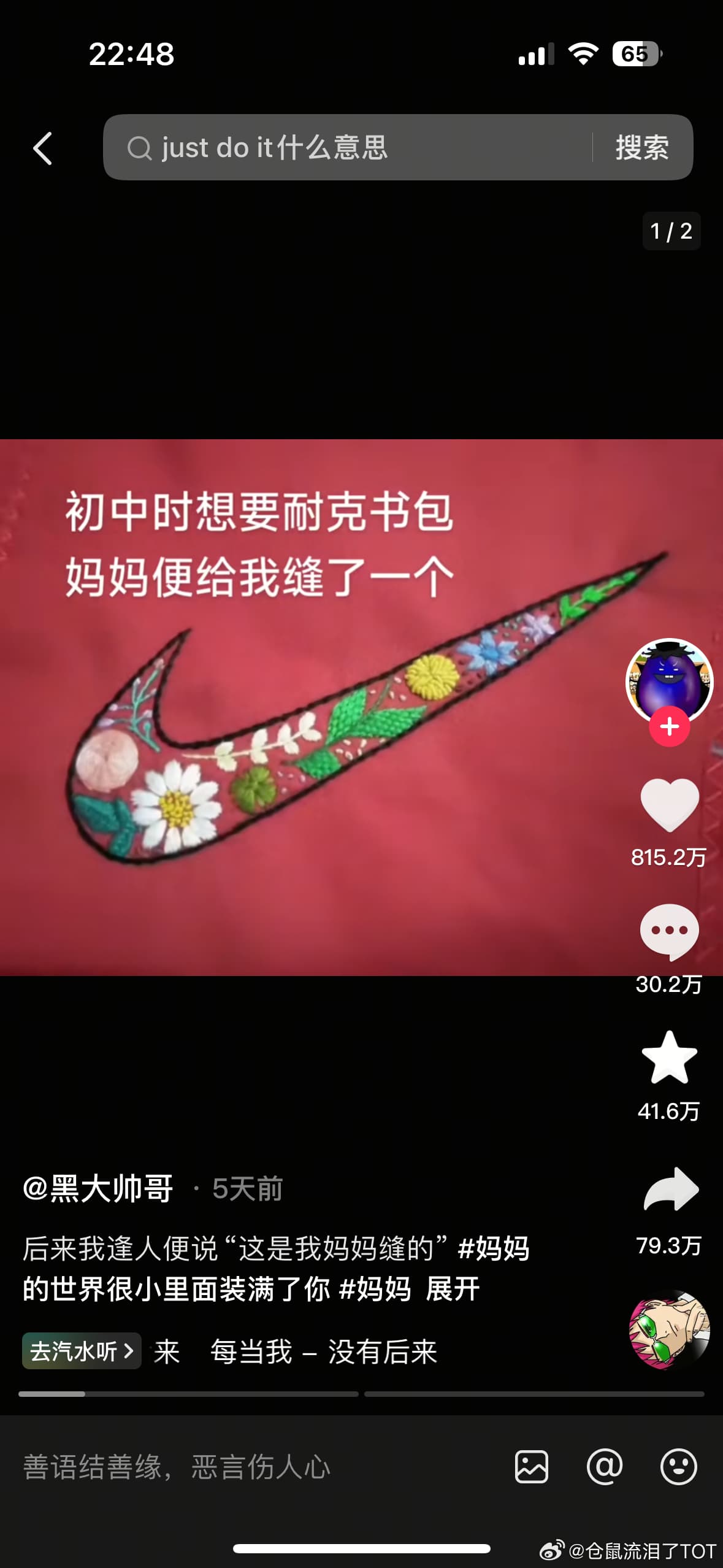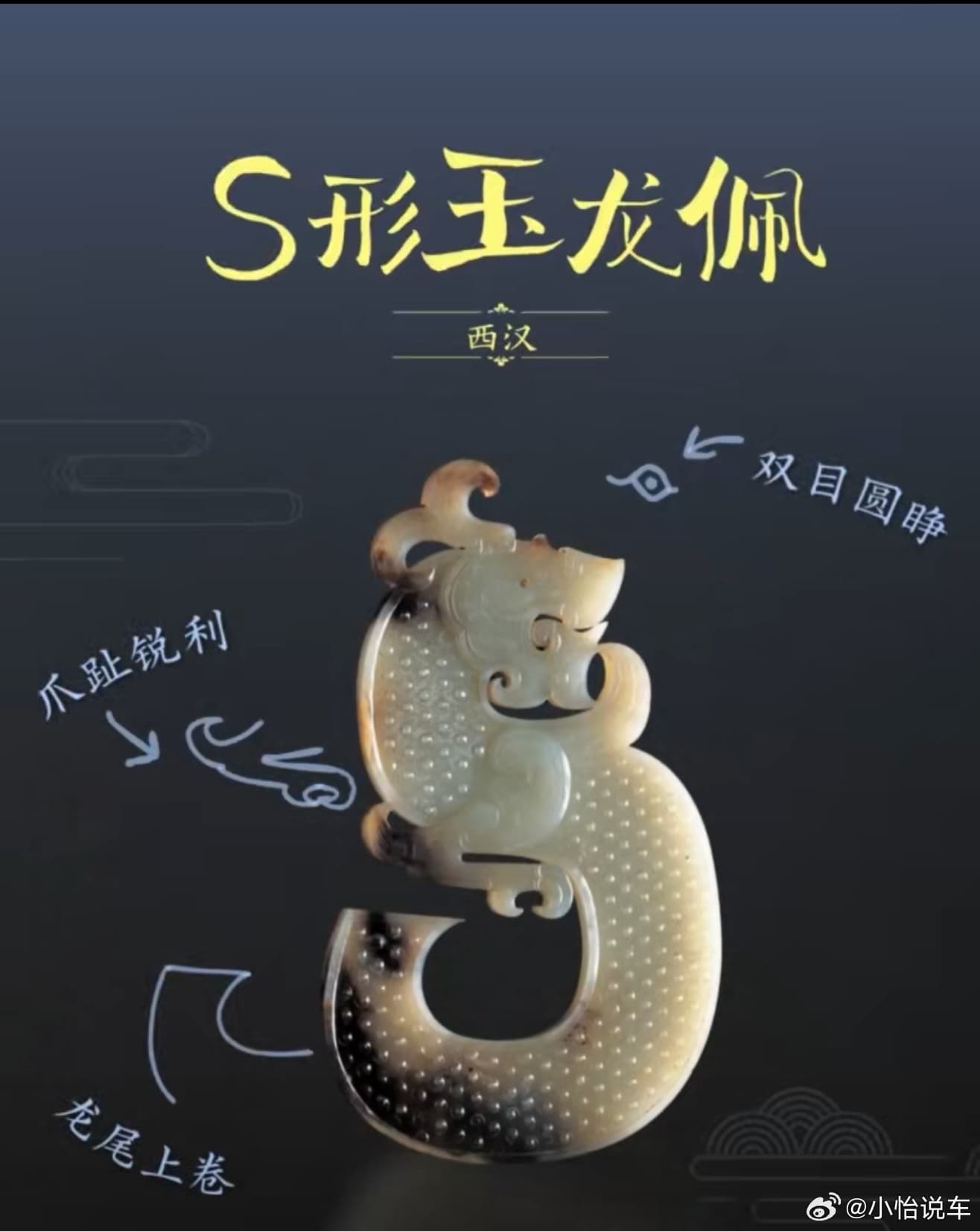China's First Batch of E-Commerce Couriers Retire, Marking Industry Milestone Amidst Broader Economic Shifts
The advent of e-commerce has not only revolutionized the way people shop but also significantly impacted the workforce behind it. A notable milestone was recently reached in China as the first batch of delivery personnel, commonly known as "kuaidi xiaoge" or couriers, began to retire after years of diligent service. This development marks the maturing of an industry that has become essential in the modern economy. One of the prominent stories circulating on Weibo involves Tao Jie, a courier who began his career in 2007 when his company started its logistics division.

19 May 2024
Now, after 17 years of service, he has retired with a substantial pension, owning a car, a house, and even investments in the stock market. His story is reflective of many couriers who have built stable, secure lives through their work in this sector. "The first batch of couriers has worked for 17 years, from being young guys to becoming older gentlemen.
I still remember when Taobao started, I was still in school... Time flies so fast!" commented one Weibo user. This milestone has provoked a wave of nostalgia and appreciation from netizens, many of whom have witnessed the evolution of the e-commerce industry firsthand. "Retirement in this industry is not just a milestone, but a tribute to the many hardworking couriers," another user remarked. Their contributions are seen as integral to the growth and success of the e-commerce sector in China. However, this milestone is not without its controversies and broader societal implications. A tweet from a Weibo user mentioned, "Previously, I chatted with a taxi driver who used to be a courier. He made quite a bit, but it was all hard-earned money." This reflection opens up discussions about the physical and mental toll this line of work can take on individuals, highlighting that while financial stability can be achieved, it often comes at a significant personal cost.

In another major story, Apple has initiated significant price cuts for its iPhone 15 series in China to combat declining sales. The company’s strategic move includes discounts that align their pricing with third-party retailers, enhancing their competitiveness in a market increasingly dominated by local brands like Huawei and global competitors such as Samsung. The recent price reductions are seen as a response to several challenges, including perceived lack of innovation, production quality issues from new manufacturing bases in India, and persistent problems such as overheating. "Will Apple’s price cuts be successful in boosting sales?" questioned one Weibo user, reflecting the skepticism surrounding Apple's aggressive pricing strategy.

The feedback from netizens has been mixed. Some appreciate the advanced features of the iPhone, with one user stating, "The iPhone notes feature is really powerful!" Others, however, express frustrations with Apple's high prices and what they perceive as insufficient innovation. "The reason for the iPhone 15’s sales challenges is multifaceted. The main reasons include increased market competition and a lack of innovation," noted another Weibo commentator. Adding to the complexity, Apple's decision to reduce prices has also rekindled discussions on consumer trust and brand loyalty. With reports of quality control issues and consumer dissatisfaction, Apple’s long-term success in this market might depend on more than just competitive pricing.

In a related vein, the Chinese government recently announced a reduction in the housing provident fund loan interest rates, which is expected to provide significant savings for homebuyers. This policy adjustment is expected to benefit millions, reducing the financial burden on those taking out loans for their first homes. "The provident fund loan rate reduction is great, but I don't have access to those funds. I have a commercial loan; when will those rates drop?" lamented a user, capturing the mixed sentiments among those who do not benefit directly from the policy. On a different note, Chinese consumers are increasingly opting for more budget-friendly and practical options over luxurious items. A growing trend suggests that young people are moving away from traditional symbols of wealth such as diamond rings for engagements and weddings. The practicality and cost-effectiveness of alternatives like second-hand diamonds and synthetic gems are gaining popularity. "Buying a diamond ring isn’t about its value, but the happiness felt when your partner puts it on your finger," shared one user, highlighting the emotional value over financial worth. Additionally, the rise of platforms like Pinduoduo during the 618 shopping festival showcases the ongoing shift towards more economical shopping habits. The platform, known for its deep discounts and straightforward shopping experience, has garnered a loyal following.
"Pinduoduo really smells great! Once you use it, you're hooked for life," noted one enthusiast, emphasizing the platform's appeal in offering value for money. Overall, these stories reflect broader economic and social trends within China. The retirement of the first batch of couriers underscores the significant growth and development of the e-commerce industry, while also hinting at the underlying challenges faced by those who power it. Apple's strategic price cuts highlight the fierce competition in the tech market and the constant need for innovation and consumer trust. Meanwhile, shifts in consumer behavior, as seen in the declining importance of diamond rings and the success of platforms like Pinduoduo, reveal a population that is increasingly value-conscious and practical. These narratives collectively paint a picture of a dynamic and evolving society, navigating through economic shifts and technological advancements while still grappling with issues of labor, consumer trust, and financial stability.
Share this article
Related Articles

Mother’s Hand‑Stitched Nike Backpack Goes Viral, Showcasing Love, Craftsmanship and Brand Authenticity in China
By Trending on Weibo
Culture
15 Sept 2025

China’s “National Treasure Highlights” Campaign Turns Heritage Into Global Soft‑Power and Consumer Brand】
By Trending on Weibo
Culture
13 Sept 2025

Mystery Meme: Unraveling China’s “Dissected 14 People, Crumbled by a Letter” Phenomenon】
By Trending on Weibo
Culture
8 Sept 2025

Chinese Netizens Turn Blood Moon Into Viral “Too Abstract” Meme
By Trending on Weibo
Culture
8 Sept 2025

From Song Dynasty Verse to 2024 Drama: The Enduring Echo of “Rain‑Laden Bells” in Chinese Culture
By Trending on Weibo
Culture
8 Sept 2025